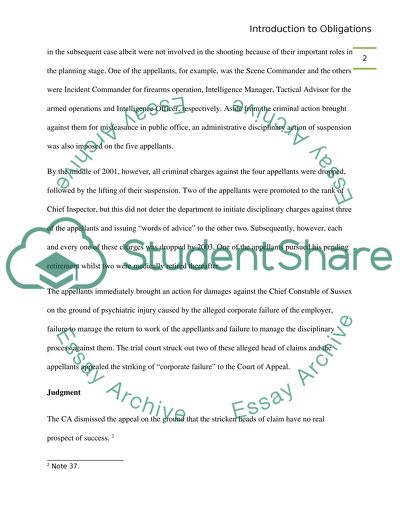Cite this document
(“Claims for Damages in the Court of Appeal Case Study”, n.d.)
Claims for Damages in the Court of Appeal Case Study. Retrieved from https://studentshare.org/law/1405505-introduction-to-obligations-essay
Claims for Damages in the Court of Appeal Case Study. Retrieved from https://studentshare.org/law/1405505-introduction-to-obligations-essay
(Claims for Damages in the Court of Appeal Case Study)
Claims for Damages in the Court of Appeal Case Study. https://studentshare.org/law/1405505-introduction-to-obligations-essay.
Claims for Damages in the Court of Appeal Case Study. https://studentshare.org/law/1405505-introduction-to-obligations-essay.
“Claims for Damages in the Court of Appeal Case Study”, n.d. https://studentshare.org/law/1405505-introduction-to-obligations-essay.


